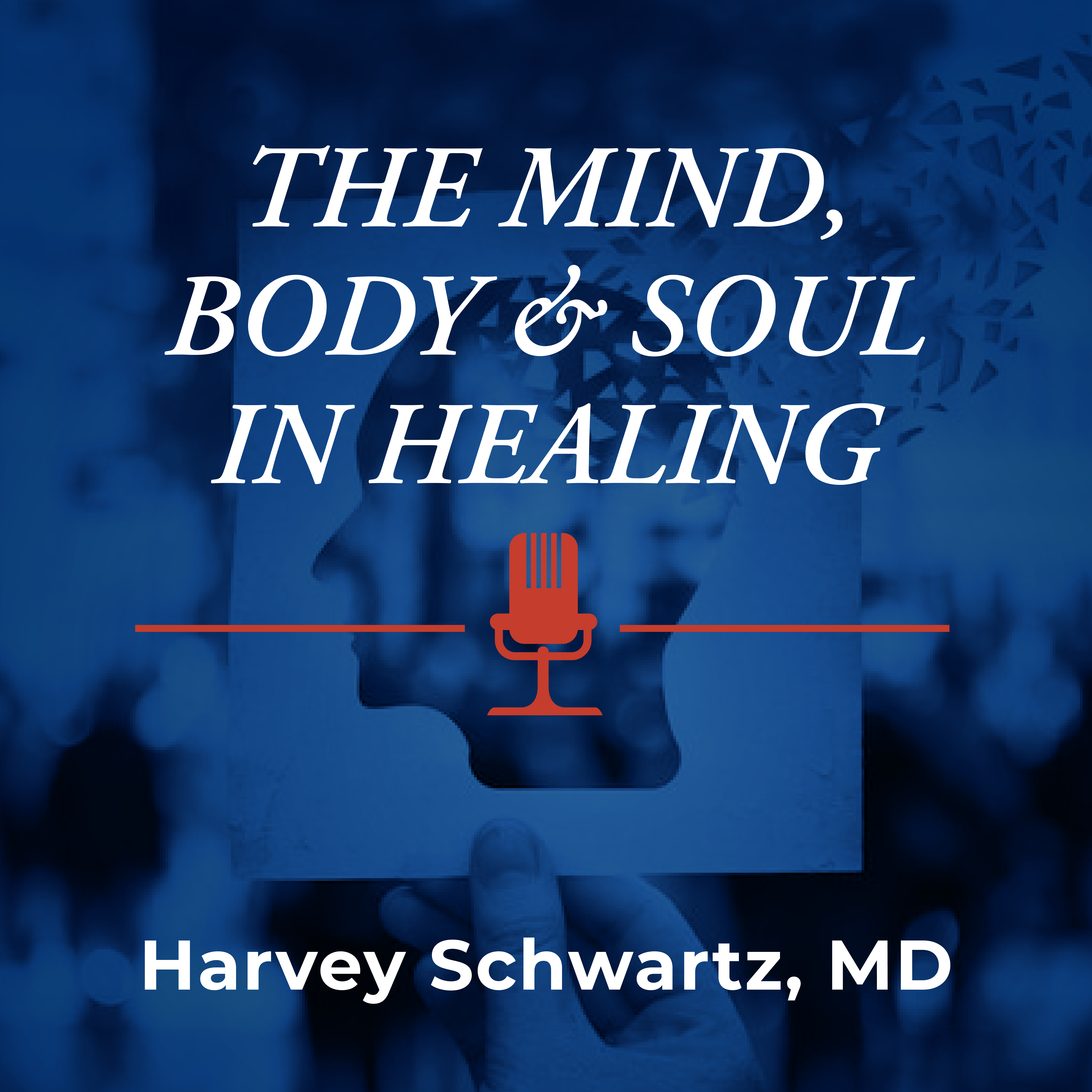
Episode description:
We discuss the paradigm shift that is taking place throughout medicine in appreciating the central role that the microbiome plays in many diseases. We review the animal research on the impact of the gut bacteria on the development of depression. We learn about the development of the infant’s microbiome at birth and the biologic synchronicity with the mother through breast feeding. We learn about the importance of early exposure to environmental bacteria in a child’s development. Dr. Callaghan shares with us her research on the impact of early adversity on the later development of dysbiosis in the gut and its related anxiety and depression. It is noted that psychotherapy can lead to alterations in the microbiome.
Our Guest:
Bridget Callaghan, PhD is an Assistant Professor at the University of California, Los Angeles (UCLA). She is faculty in the Psychology Department, heading her research lab ‘The Brain and Body Lab’, and the UCLA Microbiome Center. Dr. Callaghan studies how early caregiving environments influence the development of mental and physical health, and how interactions between the brain and body contribute to health and disease.
She takes a translational approach in her work, performing studies in rats, as well as working with human populations, particularly children, teens, and adults who have experienced early life adversities.
She received her Bachelor’s degree in Psychology, her Masters in Clinical Psychology, and her Ph.D. at the University of New South Wales, Australia. She has worked clinically in the field of developmental psychology, and completed her postdoctoral training at Columbia University in New York.
Dr. Callaghan’s research has been generously funded through the National Institutes of Mental Health, Brain Behavior Research Foundation, and National Health and Medical Research Council.
Dr. Callaghan was recently named a Rising Star by the Association for Psychological Science.


Just wanted to let you know that I could not find the podcast on Stitcher, and the link at the bottom of the page did not work.
I was able to find it in Stitcher by first finding an episode. Just wanted to let you know the link isn’t working!